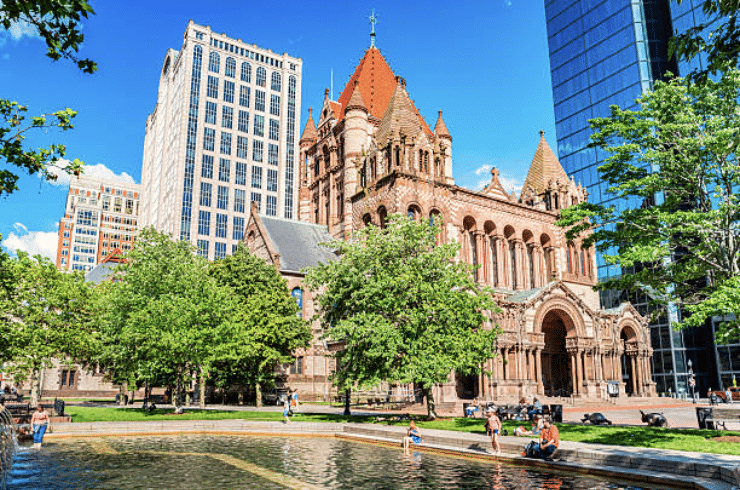By Anouk Allart, PhD
“That’s the way the mind works: The human brain is genetically disposed toward organization, yet if not tightly controlled, will link one imagerial fragment to another on the flimsiest of pretense and in the most freewheeling manner, as if it takes a kind of organic pleasure in creative association, without regard for logic or chronological sequence.” (Tom Robbins)
Anxiety can be our best friend or our worst enemy, depending on the situation, and also depending on how we deal with it. Anxiety is an important emotion for us to experience – it can protect us and help us to succeed. Yet, it can also it can also become seriously impairing and lead to problems.
One key concept to relating to anxiety and understanding our distress is the concept of “radical acceptance.” Essentially, this concept means that distress in all its forms – including anxiety – is a part of life. In many cases, we cannot control a situation or our anxiety. But, we do have the power to change the way that we respond to our emotions. As Haruki Murakami put it: Pain is inevitable, but suffering is optional. We can choose to radically accept our life circumstances and our anxiety – to stop fighting against life and ourselves when we fall apart. When we do, the pieces can start to come together again.
That is what radical acceptance is all about. It does not mean that we need to approve of our current situation, nor does it mean that life is fair, or even that our emotions make sense! But, it does mean that we should strive to recognize anxiety in a matter-of-fact way – it’s just a part of life. Once we accept anxiety, we have more power over it.
Because anxiety is universal, we cannot escape or avoid it although we may often try to do so. We thus need to learn how to use our anxiety constructively: To stay alert and keep on top of our daily tasks. So, how can we do that? Not to sound redundant here, but again, radical acceptance is a key strategy. Once we embrace our anxiety and understand that it can be helpful, we can use it for good instead of fighting against it. Of course, when anxiety turns the inherent uncertainties of life into catastrophic concerns, it’s time to reel in our thoughts and feelings. But feeling uneasy or concerned is an important emotional signal that can keep us out of harms way, and motivate us to push ahead. When we try to get rid of our anxiety without being mindful of its benefits, we miss out on this key aspect of life.
In sum: Change is constant, and the reality is that most things in life are beyond our control. But, we can control how we respond to the inherent uncertainty – and sometimes the inherent challenges – that life throws our way. Ironically, once we can radically accept anxiety, it tends to go down. As Pema Chodron put it: “Things come together and they fall apart. Then they come together again and fall apart again. It’s just like that. The healing comes from letting there be room for all of this to happen: Room for grief, for relief, for misery, for joy. When we think that something is going to bring us pleasure, we don’t know what’s really going to happen. When we think something is going to give us misery, we don’t know. Letting there be room for not knowing is the most important thing of all.” (Pema Chodron).
This is how we grow from radical acceptance: The more we leave room to experience our anxiety, the less power it has over us, and the more we will be able to cope with it effectively.








